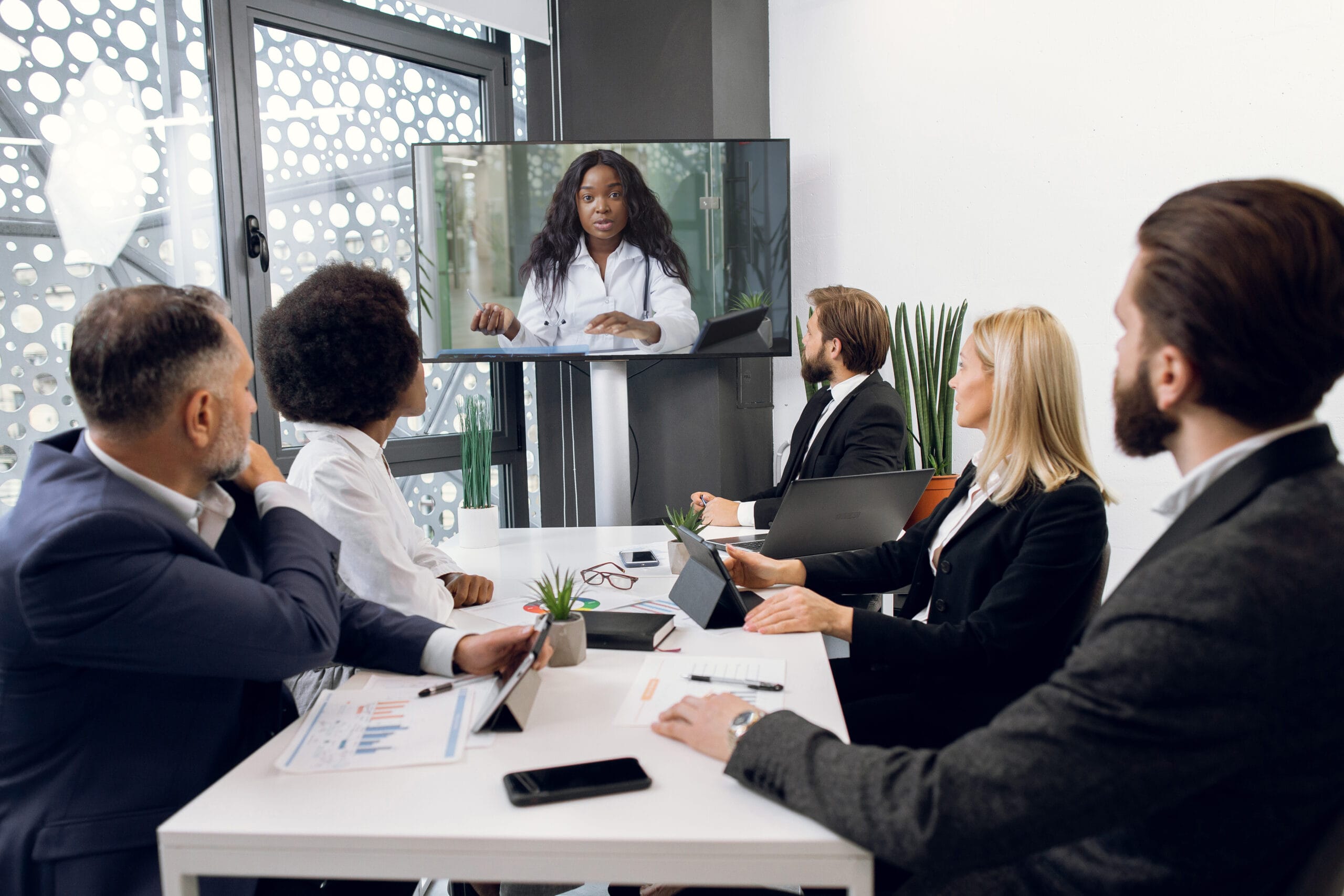The Role of Graphics in Creating Powerful Trial Presentations
The Power of Visuals in Test Presentations for a Winning Argument
The integration of visuals in trial presentations has emerged as a crucial element in efficiently interacting complicated disagreements to jurors. By using different types of visual aids-- be it diagrams, photographs, or animations-- lawyers can boost understanding and retention, inevitably forming the jury's understanding of the case.
Importance of Visuals in Trials
In several lawful setups, visuals play a vital function in enhancing the effectiveness of test discussions. The combination of visual elements can significantly influence jurors' understanding and retention of complicated info, thus forming their assumptions and decisions. Visuals, such as charts, layouts, and photos, can simplify intricate stories, making them much more available and engaging.
Additionally, the human brain procedures visual information extra effectively than text, which emphasizes the value of incorporating visuals right into legal debates. By equating dense lawful concepts right into visual layouts, attorneys can promote clearer interaction, guaranteeing that bottom lines are not overlooked throughout trials.
Furthermore, visuals serve to engage jurors on a psychological level, cultivating a connection to the instance that words alone may stop working to achieve. The calculated use visuals can evoke compassion, prompting jurors to take into consideration the human aspects of the situation.
Inevitably, the significance of visuals in tests hinges on their capability to boost clarity, enhance juror involvement, and reinforce the story being presented. This potent mix is essential for crafting convincing debates that reverberate with jurors and influence the result of lawful proceedings.
Types of Visuals to Utilize
Reliable test presentations can considerably profit from a variety of visual tools that accommodate various facets of the case. trial presentations. Using representations and graphes can properly break down complex info, making it a lot more digestible for jurors. For example, flowcharts can show the series of occasions, while bar charts might succinctly compare relevant data points.

Animations and simulations can likewise play a crucial function, particularly in situations including technological data or elaborate circumstances. These visuals can dynamically stand for processes or actions, supplying quality and engagement that static pictures may not accomplish.
Furthermore, infographics combine text and visuals to summarize important info efficiently. They can present timelines, stats, and substantial case points in a visually enticing manner, making it easier for jurors to adhere to the disagreement.
Enhancing Understanding and Retention

Enhancing comprehension and retention during trial presentations is crucial for guaranteeing that jurors realize the essential components of a case. Visual aids work as effective devices in this respect, equating complex information right into quickly absorbable layouts. By using charts, layouts, and infographics, attorneys can streamline complex data and emphasize crucial points that might otherwise be overlooked.
Researches have revealed that individuals preserve info significantly much better when it is provided aesthetically. This is especially relevant in a test setting, where jurors might be overwhelmed by the quantity of evidence and statement. By strategically including visuals, attorneys can guide jurors' attention to the most critical elements of the case, strengthening their understanding and memory of the product provided.

Developing Engaging Discussions
Fascinating jurors' focus during test presentations is crucial for communicating an engaging narrative. Involving presentations take advantage of aesthetic aspects to develop a memorable experience that reverberates with jurors. The strategic use graphics, computer animations, and videos can clarify complex info, making it more easily accessible and relatable.

Additionally, including storytelling strategies can enhance involvement. Presenting proof in a logical series that builds psychological appeal enables jurors click to find out more to get in touch with the material on an individual level. Diverse discussion styles, such as including short video clips or use this link interactive components, can likewise endure interest and interest throughout the test.
Ultimately, an appealing discussion fosters a much more extensive understanding of the case, allowing jurors to much better appreciate the disagreements being offered and leading to a much more positive outcome.
Study and Success Stories
Countless case research studies highlight the substantial impact of visuals in trial presentations, demonstrating their capacity to affect juror perceptions and ultimately the results of situations. A noteworthy situation involving an individual injury insurance claim highlighted how the usage of a 3D animation of the mishap scene made clear intricate information. Jurors reported really feeling even more educated and understanding, dramatically guiding their choice for the complainant.
In one more circumstances, a business litigation case utilized infographics to present financial information and timelines, making detailed details obtainable. The aesthetic depiction allowed jurors to understand the nuances of the case better than spoken explanations alone. trial presentations. As a result, the jury returned a judgment that went beyond the client's expectations
Moreover, a criminal protection situation employed photographs and video clip evidence to establish an alibi. The engaging visuals not only helped in developing question however also reverberated use this link mentally with jurors, leading to a pardon. These success stories underscore the need of integrating visuals right into test presentations, as they boost understanding, retention, and eventually, the persuasive power of lawful disagreements. The strategic use visuals is undoubtedly transforming the landscape of test advocacy.
Final Thought
In conclusion, the tactical consolidation of visuals in test discussions significantly enhances jurors' comprehension and retention of complicated details. Involving discussions, sustained by engaging case studies, demonstrate the profound effect that visuals can have on convincing interaction.